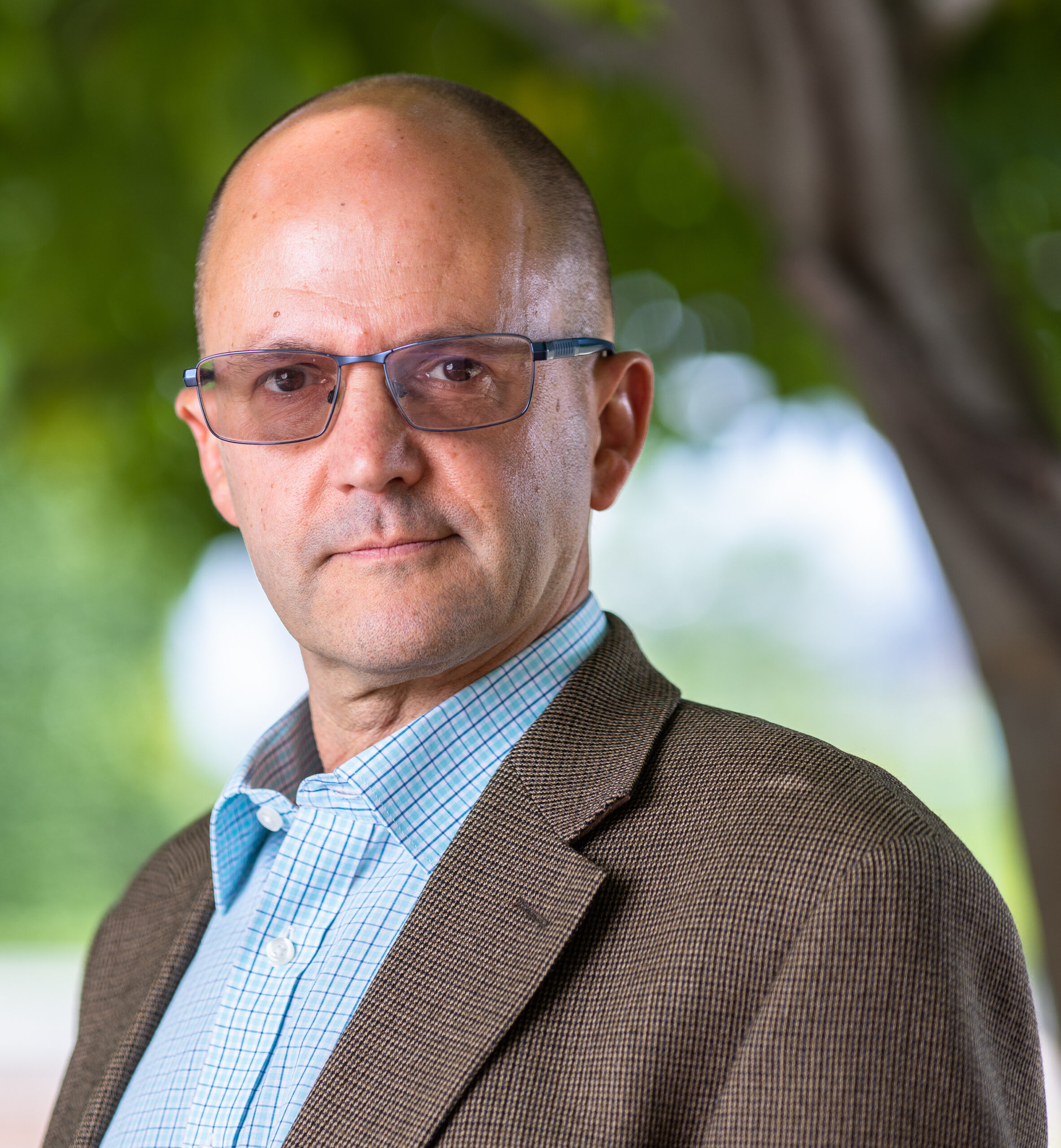Glenn Geiser-Getz
Professor of Communication
Blake C 105
585-245-6329
geisergetz@geneseo.edu
he/him/his
Dr. Geiser-Getz teaches courses related to argumentation, rhetoric, and cultural criticism. He was hired in 2018 to serve as our vice provost and joined the communication department starting in the fall of 2022. During his career, he has worked at a variety of institutions including East Stroudsburg University (Pennsylvania), St. Petersburg State University (Russia), and Keene State College (New Hampshire). His scholarship focuses on how audiences construct meaning from the varied texts of modern culture in both expected and unexpected ways. Dr. Geiser-Getz has a special interest in presidential rhetoric, reality-based television, and intercultural communication. He has taken students on study trips to a variety of international destinations and recommends study abroad to all of his students. He grew up in Alaska and plays the ukulele.

